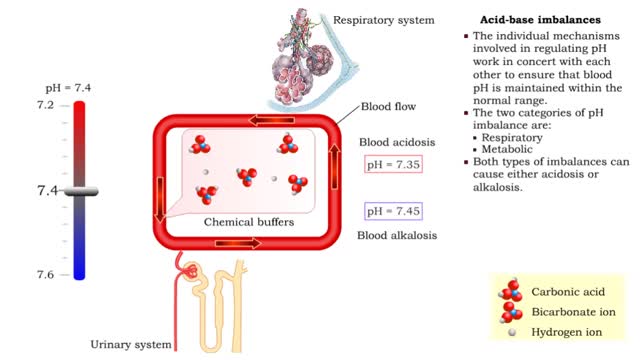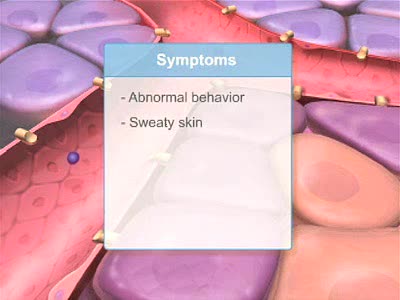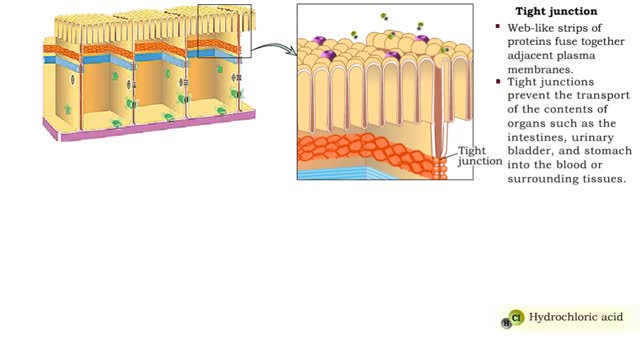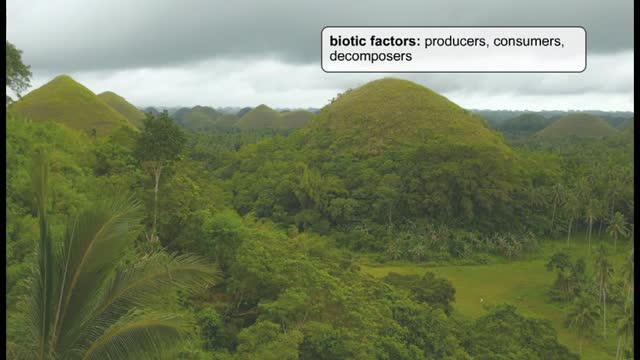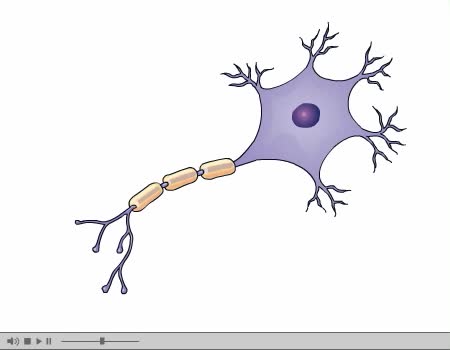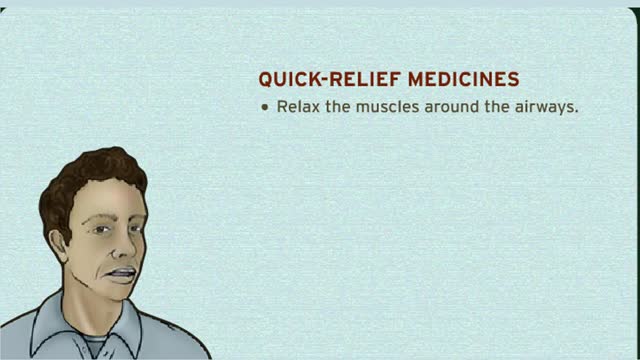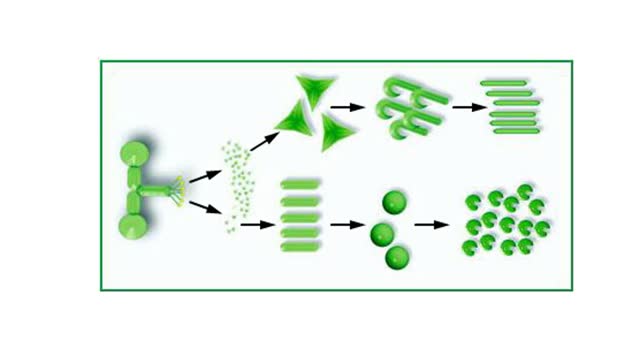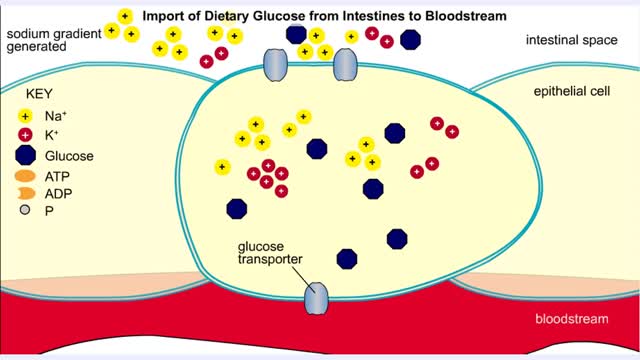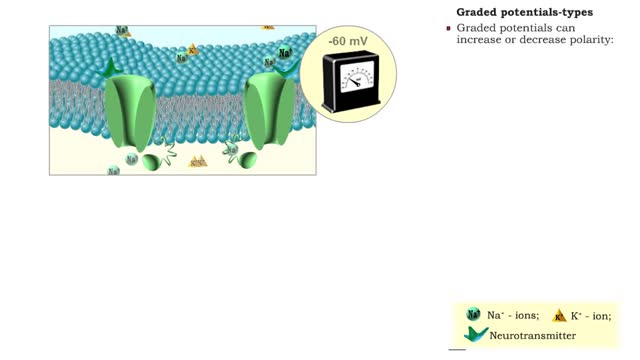Search Results
Results for: 'Types of synapses'
Acid-base imbalances - respiratory acidosis and alkalosis
By: HWC, Views: 11326
• The individual mechanisms involved in regulating pH work in concert with each other to ensure that blood pH is maintained within the normal range. • The two categories of pH imbalance are: • Respiratory • Metabolic • Both types of imbalances can cause either acidosis or alka...
By: Administrator, Views: 15252
The islets of Langerhans are composed of three major types of cells: Alpha cells secrete glucagon, elevating blood sugar. Beta cells secrete insulin, maintaining normal blood sugar. Delta cells secrete somatostatin, which suppresses release of glucagon and insulin. Hyposecretion or inadequa...
Junction Types - Tight and Adherens Junctions
By: HWC, Views: 11414
Many tissues contain in tercellular junctions between cells. 1. Tight junction 2. Adherens junction 3. Desmosome 4. Hemidesrnosome 5. Gap junction 1. Tight junction • Web-like strips of proteins fuse together adjacent plasma membranes. • Tight junctions prevent the transport...
By: HWC, Views: 10778
An ecosystem is a community of organisms and their environment. The community forms the living component of the ecosystem. These are called the 'biotic' factors, which means all of the living things in the ecosystem. The environment forms the nonliving component of the ecosystem, such as ...
Nerve Impulse Transmission Animation
By: Administrator, Views: 14441
How nerves transmit impulses. Stimulation of a nerve occurs at a receptor. Sensory receptors Specialized to specific types of stimulation such as heat, cold, light, pressure, or pain. React by initiating a chemical change or impulse. All-or-none principle Means that no transmission occ...
How does asthma work?And How do you treat asthma?
By: HWC, Views: 9980
These are the parts of the respiratory system. Sinuses and Nasal Passages Mouth Windpipe (Trachea) Lungs Airways (Bronchial Tubes) Airsacs (Alveoli) When we breathe, air moves easily in and out of the lungs. The small airways are also called bronchial tubes. The side of the tube is...
By: HWC, Views: 7799
Formation of membrane attack complexes. Complement proteins can activate when they bind to antibodies that are bound to a pathogen. Complement proteins also activate when they bind directly to bacterial surfaces. Cascading reactions yield huge numbers of different types of complement protei...
Import of Dietary Glucose from Intestines to Bloodstream
By: HWC, Views: 10416
• Membranes have hydrophobic interiors. which resist the passage of hydrophilic compounds and ions. • However. transporter membrane proteins facilitate the passage of these molecules. • Passive transporters accelerate diffusion of molecules towards equilibrium (decrease a concentrat...
Graded potentials - electrical characteristics and types
By: HWC, Views: 11210
• A graded potential occurs when a gated channel is opened or closed, altering ion flow through the membrane. • Changes in ion and charge distributions cause voltage changes to the resting membrane potential. • The strength of the stimulus determines the number of gated channels affect...
Advertisement



